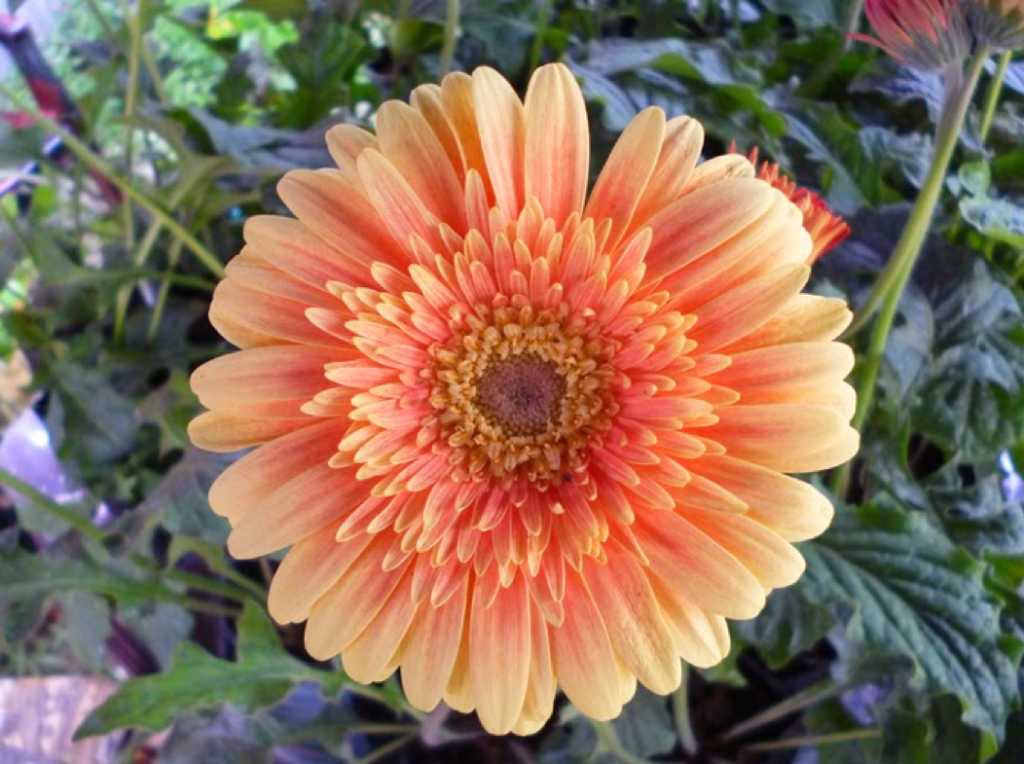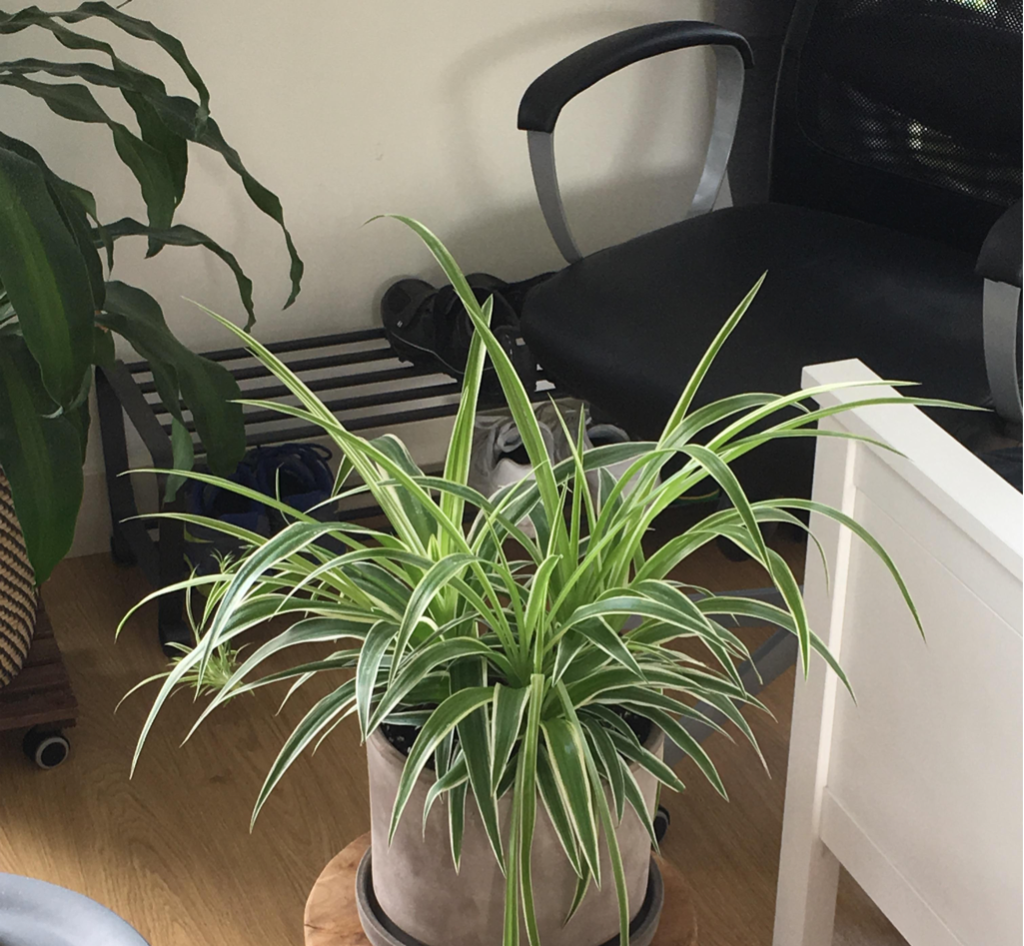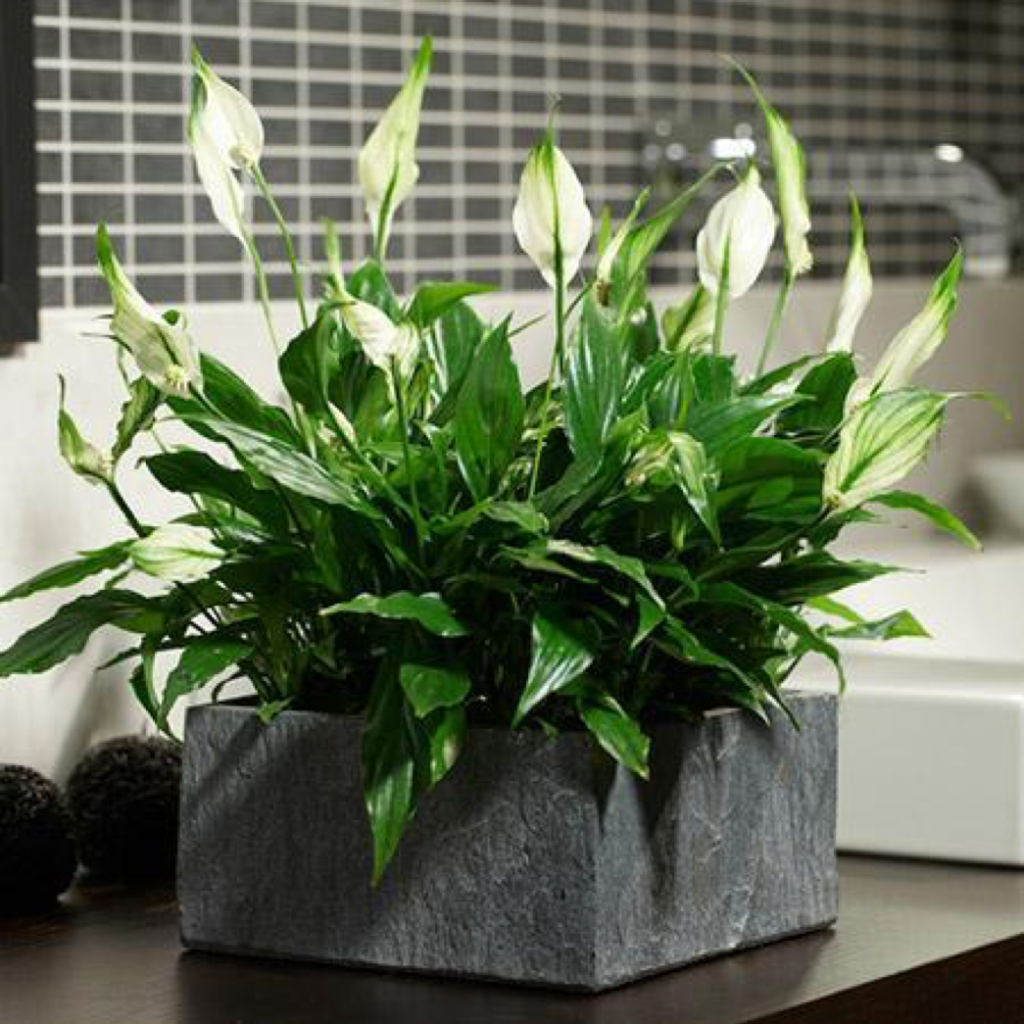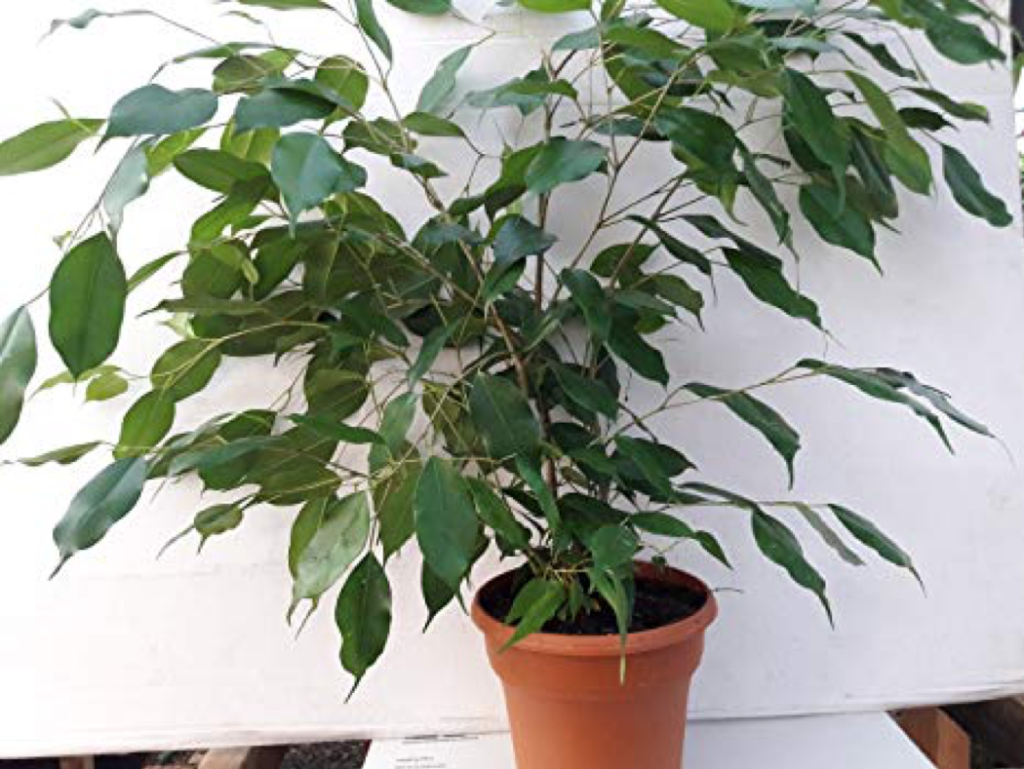American’s spend 90% of their time indoors according to the Environmental Protection Agency. And while there are many ways to improve your indoor air quality, one of the most aesthetically pleasing options is to add plants to your home.
First, let’s meet the chemicals in your air so you know which plants you want to use to remove them.
The Chemicals
1. Trichloroethylene
Also found in: printing inks, varnishes, lacquers, paints, certain adhesives, paint removers, and paint strippers.
Symptoms: dizziness, headache, nausea, vomiting, and drowsiness.
2. Formaldehyde
Also found in: paper bags, facial tissues, paper towels, particle board, plywood, and most synthetic fabrics.
Symptoms: nasal irritation, throat irritation, and swelling of the lungs.
3. Benzene
Also found in: plastic, resin, synthetic material, rubber, dyes, laundry detergent, pesticides, tobacco smoke, car exhaust, glue, and paint.
Symptoms: eye irritation, drowsiness, dizziness, headaches, increased heart rate, and confusion.
4. Xylene
Also found in: rubber, leather, paint, tobacco smoke, and car exhaust.
Symptoms: throat irritation, dizziness, headache, confusion, and liver and kidney damage.
5. Ammonia
Also found in: glass cleaners, smelling salts, and fertilizers.
Symptoms: eye irritation, coughing, and sore throat.
If you want to remove trichloroethylene, try…

1. Lilyturf (liriope spicata)
Also removes: xylene and ammonia
2. Barberton Daisy (gerbera jamesonii)
Also removes: formaldehyde and xylene
3. Cornstalk Dracaena (draceaena fragrans)
Also removes: formaldehyde and benzene
4. English Ivy (hedera helix)
Also removes: formaldehyde, benzene, and xylene
5. Variegated Snake Plant (sansevieria trifasciata)
Also removes: formaldehyde, benzene, and xylene
If you want to remove formaldehyde, try…

1. Dwarf Date Palm (phoenix robelenii)
Also removes: xylene
2. Boston Fern (nephrolepis exaltata)
Also removes: xylene
3. Kimberly Queen Fern (nephrolepis obliterata)
Also removes: xylene
4. Spider Plant (chlorophytum comosum)
Also removes: xylene
5. Chinese Evergreen (aglaonema modestum)
Also removes: benzene
If you want to remove benzene, try…

- Devil’s Ivy (epipremnum aureum)
Also removes: formaldehyde and xylene
2. Red-Edged Dracaena (dracaena marginata)
Also removes: trichloroethylene, formaldehyde, and xylene
3. Peace Lily (spathiphyllum)
Also removes: trichloroethylene, formaldehyde, xylene, and ammonia.
4. Florist’s Chrysanthemum (chrysanthemum morifolium)
Also removes: trichloroethylene, formaldehyde, xylene, and ammonia.
If you want to remove xylene, try…

1. Bamboo Palm (chamaedorea seifrizii)
Also removes: formaldehyde
2. Weeping Fig (ficus benjamina)
Also removes: formaldehyde
If you want to remove ammonia, try…
1. Flamingo Lily (anthurium andraeanum)
Also removes: formaldehyde and xylene
3. Broadleaf Lady Palm (rhapis excelsa)
Also removes: formaldehyde and xylene
Keep your new plant friends at a happy and healthy temperature when you’re at home and away with a WiFi programmable thermostat from Heat Relief. Schedule today and save $120.
